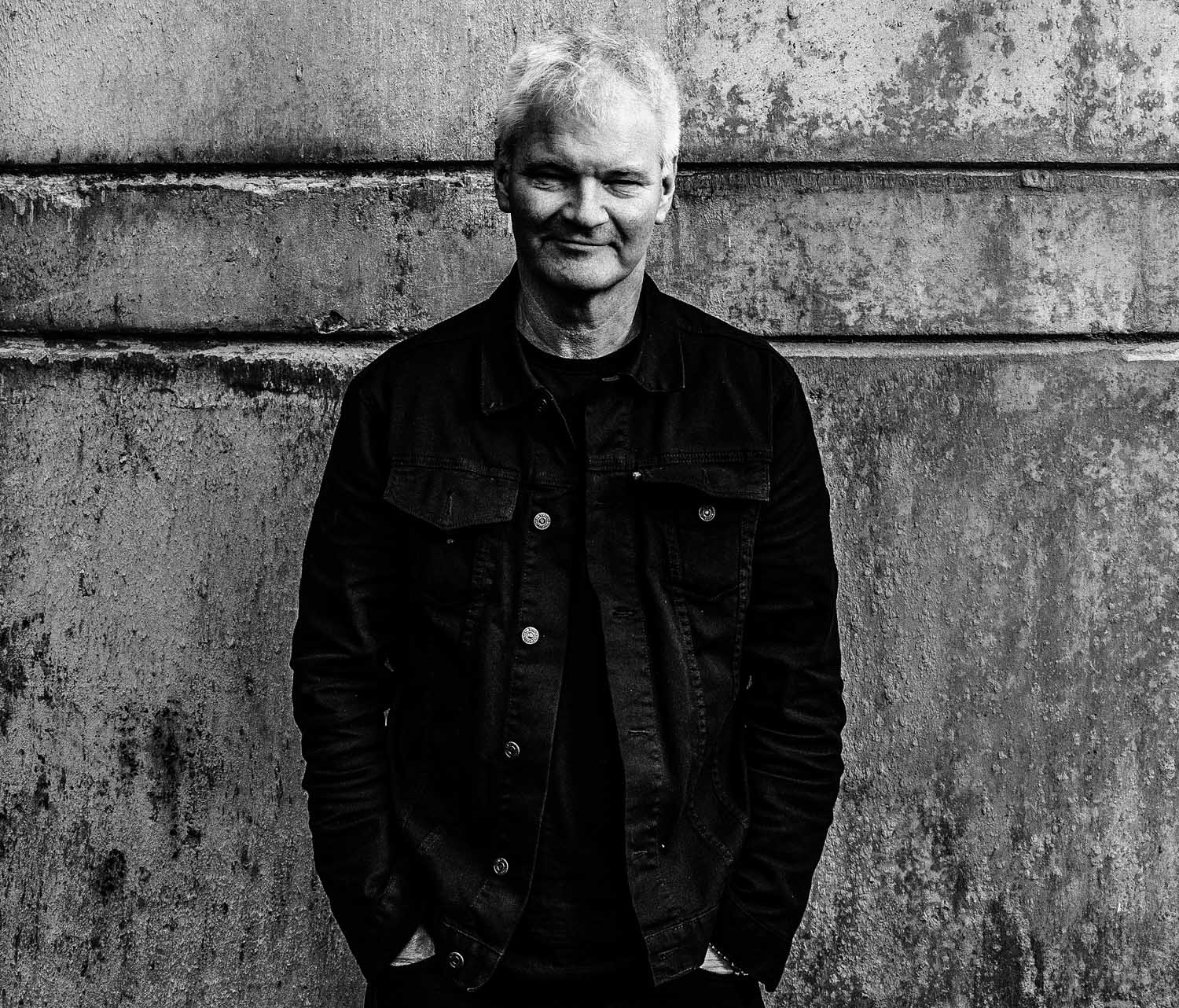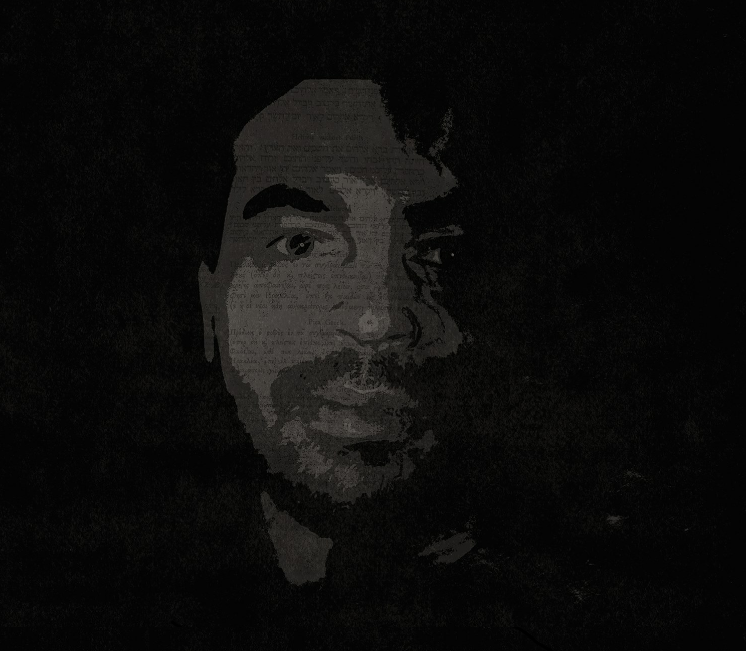“The Clean were this magical band for me,” Shepherd says. “Magical in the sense that when I first saw them in 1981 they were the best band in the world. When we had them on the label they sold a whole lot of records that gave this small but weirdly significant cash flow allowing us to work with other bands. They gave us the confidence to back ourselves to work with bands coming out of Christchurch and Dunedin.”
Growing up in Christchurch in the ’60s and ’70s, Shepherd concedes he had no comprehension of what a record label looked like from the inside. “When I was a kid I’d look at [an album] cover and see there was this thing that wasn’t the band, it was this other entity,” Shepherd says. “It wasn’t until punk happened that I got an idea that there could be independent record labels.”
The genesis of Flying Nun lies in Shepherd’s tenure working at the Record Factory store in Christchurch where Shepherd gradually became exposed to the machinations of the music industry. In 1978 Shepherd had The Enemy, a ramshackle outfit fronted by the charismatic and occasionally confrontational Chris Knox. They would become close friends, and Knox’s distinctive artwork became an important element in Flying Nun’s early releases and promotional material.
“The label would’ve been quite different without Chris’ involvement,” Shepherd says. “I wouldn’t say it was just Chris – it was people like Chris’ friend Doug Hood, who was a bit of an enabler after Chris did the talking. It was more about the chemistry of different people, but Chris was certainly an important personality in the whole thing. It would’ve all been a lot more humourless without Chris.”
Having established Flying Nun – named after the 1960s television comedy show starring Sally Field – Shepherd released a single by The Pin Group to moderate local interest. It wasn’t until the release of The Clean’s Tally Ho! 7” single in 1981 that set the Flying Nun train in motion.
The Clean had been on the same bill as The Enemy when Shepherd had seen them in 1978. A few years later, The Clean – based around brothers David and Hamish Kilgour, now featuring Robert Scott on bass – caught Shepherd’s eye and ear. Despite the band’s periodic break-ups and long hiatuses, their success gradually developed a profile for the label.
Flying Nun would go on to release records by The Chills, Headless Chickens, Straitjacket Fits, The Verlaines and Tall Dwarfs. With its increasing overseas profile, Flying Nun would buck the historical New Zealand trend of bands travelling to Australia to seek fame and fortune. “We knew that the whole post-punk experience indicated that there was an international audience that was being dictated out of London,” Shepherd says. “The Chills, The Bats and Sneaky Feelings were the first Flying Nun bands to go overseas and it wasn’t to Australia, it was to London.”
If the Kilgour Brothers, Shayne Carter (Straitjacket Fits) and Martin Phillipps (The Chills) are individual success stories spawned by Flying Nun, then Peter Gutteridge is the label’s tragedy. A founding member of both The Clean and The Chills, Gutteridge was a prodigiously talented but volatile artist. By the time he belatedly made it overseas in 2014, he was a physical and mental shell, a by-product of the long-term alcohol and drug abuse that had characterised his life. Shortly after returning home to New Zealand, Gutteridge took his own life. “Peter was so incredibly talented but so sadly self-destructive from such a young age,” Shepherd says. “I suppose it’s the nature of the music business that big talent doesn’t always work the way it should.”
After selling part of Flying Nun to Festival Records in 1990, Shepherd was part of a consortium – including Neil Finn – that bought the label back in 2009. With the music industry in a state of structural change and financial flux, Shepherd’s decision to resume a more significant economic stake was courageous. With Flying Nun now a fully integrated part of Warner Music, Shepherd worried that the label’s catalogue would be lost without appropriate attention. “It didn’t feel like it needed to be rescued, but to keep that music alive and available it had to be reconsolidated around the label itself. The best way to keep that music alive was to reactivate the label and run it as a commercial entity. It felt like the right thing to do.”
BY PATRICK EMERY

